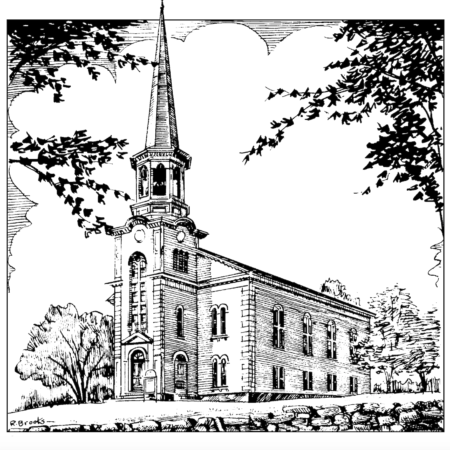The Word Became Flesh
John 1: 1-17
In the beginning was the Word, and the Word was with God, and the Word was God. 2He was in the beginning with God. 3All things came into being through him, and without him not one thing came into being. What has come into being 4in him was life, and the life was the light of all people.
5The light shines in the darkness, and the darkness did not overcome it. 6There was a man sent from God, whose name was John. 7He came as a witness to testify to the light, so that all might believe through him. 8He himself was not the light, but he came to testify to the light. 9The true light, which enlightens everyone, was coming into the world. 10He was in the world, and the world came into being through him; yet the world did not know him. 11He came to what was his own, and his own people did not accept him. 12But to all who received him, who believed in his name, he gave power to become children of God, 13who were born, not of blood or of the will of the flesh or of the will of man, but of God. 14And the Word became flesh and lived among us, and we have seen his glory, the glory as of a father’s only son, full of grace and truth.
15(John testified to him and cried out, “This was he of whom I said, ‘He who comes after me ranks ahead of me because he was before me.’”) 16From his fullness we have all received, grace upon grace. 17The law indeed was given through Moses; grace and truth came through Jesus Christ.
Historical Context
John’s reference to the word in the Prologue reflects language found in the Hebrew Bible. In the opening verse of Genesis, God speaks creation into being. That same word of God gives Moses the law at Sinai and comes to the people through the prophets. John’s description of the word, translated from the Greek logos also parallels the personification of wisdom in the Jewish tradition. Just as John declares that the logos was with God in the beginning, so too is wisdom: “The Lord created me at the beginning of [God’s] work … ” (Proverbs 8:22).
Wisdom is personified in Proverbs as a woman, since the Hebrew word hokhma (wisdom) is feminine. Logos is commonly translated as “word,” but it has a broader semantic range including “that by which the inward thought is expressed.”1 I like this understanding of Christ as logos. The Christ is not just a “word” from God, but an expression of God’s own being. By the end of the Prologue this will be fleshed out as Christ being the beloved child of God.
Theme: The Word Became Flesh
John’s Gospel begins, not at Jesus’ conception or cradle, but at the conception of the cosmos.
No angels, swaddling clothes, or sheep enter the scene to deflect attention from the essential point: God, through whom the world was created, the one who gives light to all people, became a human being. God lived among us and died among us. In this one human being, out of all the billions who have lived, God’s own glory shone with life-giving light.
The prologue to John makes it clear that God created and loves this material world and the material beings who live in it, and that God took on material form in order to redeem it and us. God became incarnate in Jesus, but Jesus—though uniquely God’s child and God’s incarnate Word—makes it possible for all of us to become God’s children who embody God’s word. Through Christ, our ordinary human lives can become places where God’s glory shines. The Word became flesh to bring us all into God’s family. The Word became flesh to help us see every human life as a temple of the Holy One. The Word became flesh so that witnesses could point to person after person throughout history and say, that’s God at work, right there!


0 Comments